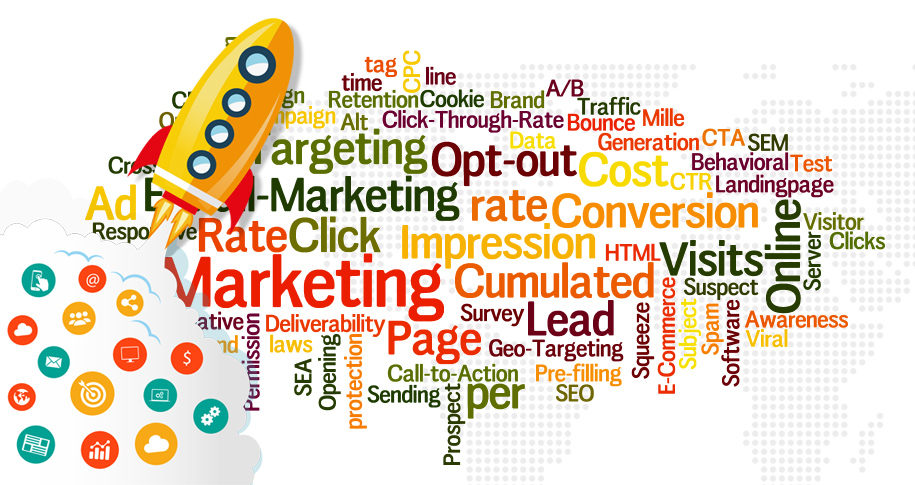What Is Google Analytics?
Google Analytics is a powerful web analytics service provided by Google that tracks and reports website traffic. It provides insights into how visitors interact with a website, including what pages they visit, how long they stay, and how they got there. Google Analytics helps businesses measure the performance of their websites, track marketing campaigns, and make data-driven decisions to improve user experience and achieve business goals.
Why Google Analytics Is Important
- Understand Website Traffic
Google Analytics provides valuable data about the users visiting your site, including their demographics, behaviors, devices, and locations. This data helps businesses understand who their visitors are, how they interact with the site, and what content resonates with them. - Track Goals and Conversions
One of the primary reasons businesses use Google Analytics is to track conversions, such as purchases, form submissions, or newsletter sign-ups. By setting up goals in Google Analytics, businesses can measure their success and optimize their websites to increase conversions. - Measure Marketing Campaign Performance
Google Analytics allows businesses to track the effectiveness of their marketing efforts, including paid advertising (like Google Ads), social media campaigns, and organic search. It shows how visitors found the website and what actions they took, making it easier to assess ROI and optimize future campaigns. - Monitor User Behavior
Understanding user behavior is key to improving website design and content. Google Analytics tracks actions such as page views, bounce rates, and time on site, helping businesses identify which pages or content are most engaging, and which areas need improvement. - SEO Insights
Google Analytics offers valuable insights into organic search traffic. By analyzing how visitors arrive at your site through search engines, businesses can identify top-performing keywords, track page rankings, and make SEO improvements based on real data.
Key Features of Google Analytics
- Real-Time Reporting
Google Analytics provides real-time data, allowing businesses to see how visitors are interacting with their website at any given moment. This feature is especially useful for monitoring the impact of marketing campaigns or promotions. - Audience Insights
The Audience section of Google Analytics provides in-depth information about website visitors, including their age, gender, interests, device, and location. This information helps businesses understand their audience better and create targeted marketing strategies. - Acquisition Reports
The Acquisition section of Google Analytics shows how visitors are finding your site, whether through organic search, paid search, social media, or direct traffic. This feature helps businesses understand which channels are most effective at driving traffic. - Behavior Reports
Behavior reports help businesses understand how visitors interact with their website. You can track which pages they visit, how long they stay, and where they exit. This data helps identify opportunities for improving website content and user experience. - Goal Tracking and Conversion Funnels
Google Analytics allows businesses to set specific goals and track their progress toward achieving them. For example, if a business wants to track form submissions, they can set up a goal and measure how many users complete that action. - Custom Dashboards and Reports
Google Analytics allows users to create custom dashboards and reports tailored to their specific needs. Businesses can track key metrics in one place, making it easier to monitor performance and make data-driven decisions.
Benefits of Google Analytics
- Informed Decision-Making
By providing detailed data on user behavior, website performance, and marketing efforts, Google Analytics empowers businesses to make informed decisions. This data helps optimize website design, content, and marketing strategies to achieve business objectives. - Improves Website Performance
Google Analytics helps identify areas for improvement on a website. By tracking user behavior and engagement, businesses can make changes to their site’s design, layout, and content to create a better user experience and increase conversions. - Cost-Effective
Google Analytics is free to use, making it an accessible tool for businesses of all sizes. While there are premium versions (Google Analytics 360), the free version provides an extensive range of features and is often sufficient for most businesses. - Measure ROI
With Google Analytics, businesses can track the effectiveness of their marketing campaigns and measure ROI. Whether you’re running paid ads, email campaigns, or social media ads, Google Analytics provides the data needed to assess the success of each initiative. - Improves Marketing Campaigns
By analyzing data on user behavior and marketing performance, businesses can optimize their marketing campaigns. For instance, if a particular campaign is generating high traffic but low conversions, you can adjust your messaging or targeting to improve results.
Challenges of Google Analytics
- Data Overload
Google Analytics offers a wealth of data, which can be overwhelming for new users. Without proper setup and filtering, it can be difficult to know which metrics are most important for your business goals. - Learning Curve
While Google Analytics is a powerful tool, it has a steep learning curve. New users may find it challenging to navigate the interface, set up goals, or understand some of the more advanced features. However, there are plenty of resources and tutorials available to help. - Privacy Concerns
With increasing privacy regulations (like GDPR), businesses must be mindful of data collection practices. Google Analytics allows for anonymized data collection, but it’s important to comply with legal requirements and ensure user privacy is respected.
Conclusion
Google Analytics is an essential tool for businesses looking to understand their website’s performance and make data-driven decisions. By providing detailed insights into user behavior, traffic sources, and marketing performance, it helps businesses optimize their website, improve conversion rates, and drive growth. While it can be overwhelming for beginners, its robust features and powerful analytics capabilities make it an invaluable asset for any business looking to improve its online presence.
